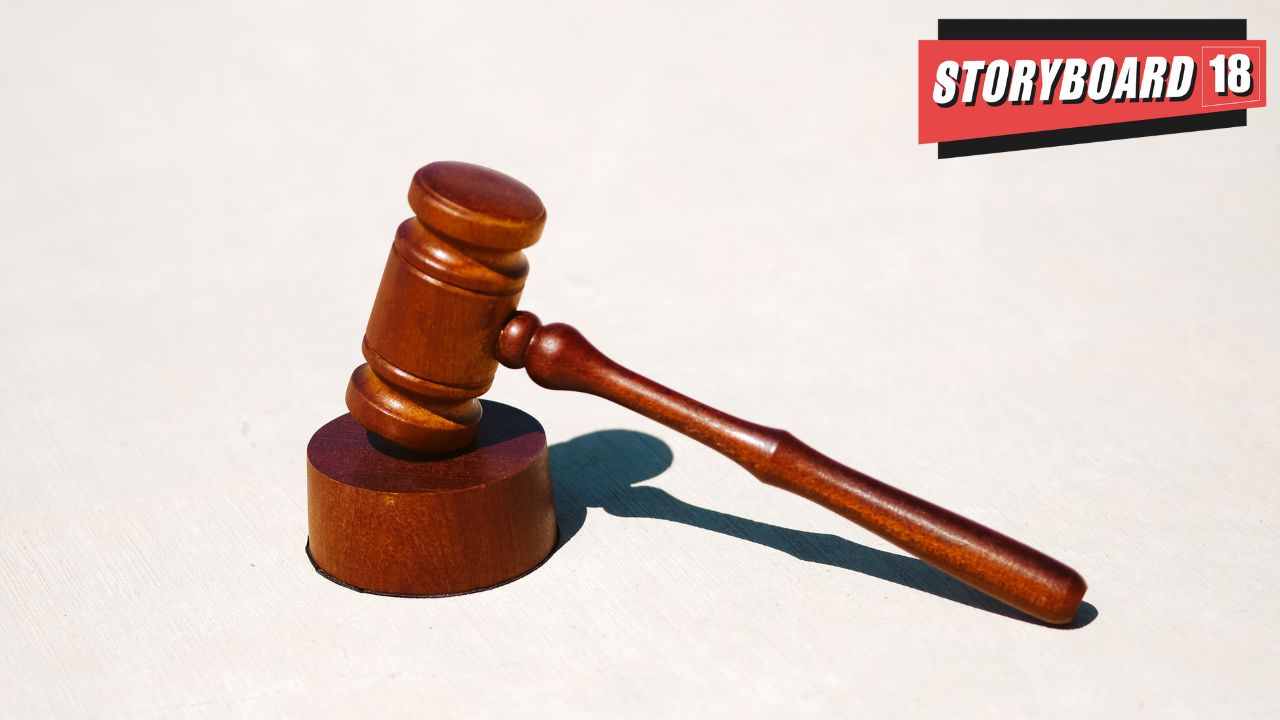The Supreme Court mentioned on Monday that it would like to ‘tighten up’ the self-regulatory mechanism that monitors TV news channels. As a result, the SC has granted an additional four weeks to the News Broadcasters and Digital Association (NBDA) to come up with a fresh set of guidelines.
A bench made up of the Chief Justice of India D Y Chandrachud and Justices J B Pardiwala and Manoj Misra took into account the submissions that the NBDA was in consultation with current and former chairpersons Justice (retd) A K Sikri and R V Raveendran to frame a fresh set of guidelines.
The representative for the News Broadcaster Federation of India (NBFI), senior advocate Mahesh Jethmalani said that the NBFI was only the regulatory body that is registered with the Centre, unlike the NBDA. Jethmalani also mentioned that the NBFI too is permitted to file its own set of self-regulations.
“We want the self-regulatory mechanism to be tightened up. We cannot sort out your ideological differences (NBDA and NBFI) here. We do not want this plea to get lost in the cacophony of rival organisations. We will see their regulations and then see yours as well.,” the CJI said adding that suggestions and guidelines are welcome and fixed the plea for hearing after four weeks.
Meanwhile, The News Broadcasters & Digital Association (NBDA) on Sept 14 slammed the opposition I.N.D.I.A bloc for its “dangerous” decision to boycott shows of fourteen top television anchors across several media groups and platforms. NBDA said that the decision “imperils press freedom” and “goes against the ethos of democracy,” adding that it sets a dangerous precedent.
The association urged the opposition alliance to withdraw the decision, saying it was “anguished and concerned” by the decision taken by the I.N.D.I.A Media Committee. “The decision taken by the I.N.D.I.A. Media Committee sets a dangerous precedent. The ban on representatives of the opposition alliance from participating in TV news shows anchored by some of India’s top TV news personalities goes against the ethos of democracy.”
“It betokens intolerance and imperils press freedom. The opposition alliance claims to be the champion of pluralism and a free press, but its decision betrays callous disregard for democracy’s most fundamental tenet – the inalienable right to openly express ideas and opinions,” the statement said.
